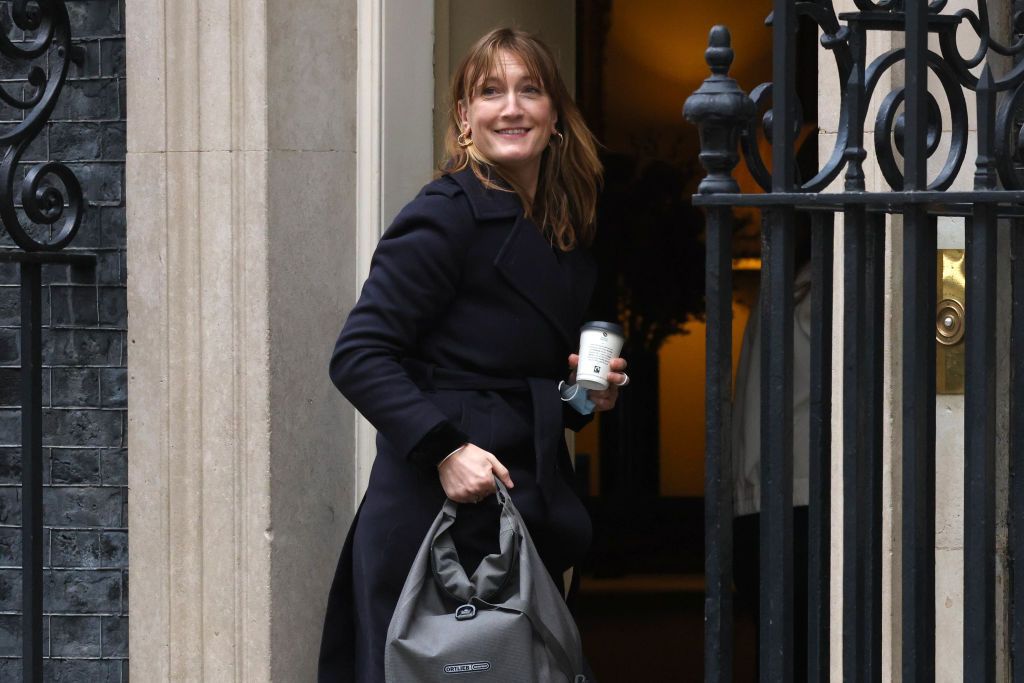Boris Johnson has axed plans for televised White House-style press conferences. The announcement came six months after Allegra Stratton was unveiled as the Prime Minister’s new spokesperson who would lead the daily Downing Street briefings.
Instead, Stratton will become his spokeswoman for COP26, the climate summit, fronting communications both strategically and publicly in the lead up to the event in November. Meanwhile, the No.9 Downing Street briefing room that had been renovated for the press briefings at the cost of £2.6m will be used instead by the Prime Minister, ministers and officials for government communications.
So what’s behind the change in plan?
So what’s behind the change in plan? The televised press briefings were the brainchild of Lee Cain, Johnson’s first Director of Communications, who departed the role late last year. The events leading up to his resignation consisted of disagreements over Stratton’s appointment. Cain preferred other candidates for the job, such as the BBC’s Ellie Price. Meanwhile Johnson’s fiancée Carrie Symonds was widely reported to be pushing for Stratton’s selection behind the scenes.
Ever since Cain departed his role, there has been much speculation over whether the format would survive. Cain’s successor James Slack (who has also since stepped down) was understood to have concerns over the briefings, with practise sessions taking place in recent months. His successor Jack Doyle, who took over on Friday, appears from today’s news to have also had doubts.
There were worries in government that the briefings could backfire on Boris Johnson, with hostile press questions at the ministerial Covid press conferences pointing to the potential problems with the format. Meanwhile, lobby briefings on uncomfortable topics such as Jennifer Acuri’s involvement with Johnson – in which spokesman quotes on the Prime Minister behaving with integrity added new life to the story – are thought to have alerted Johnson as to how the briefings could move from a tool for transparency to a vehicle to hurt the government.
While the decision has now been taken not to proceed, millions of pounds of taxpayers money have been spent on refurbishing the No. 9 studio. The government will be under pressure to show this space is being used for a valid reason – rather than a comms decisions they are keen to forget.







Comments